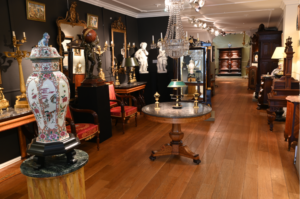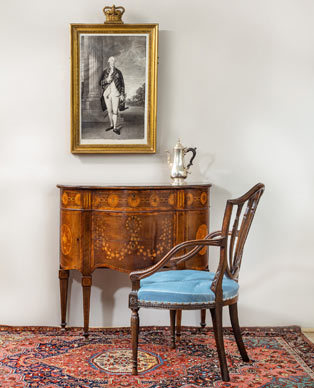Qualifications to become an Antique Dealer
If you have a passion for antiques, you can pursue a career as an antique dealer. Before you start the career, you should understand what it entails and what you can expect. Here are some things to keep in mind: the qualifications needed for this type of job, the business side of things, and where to find antiques.
There are many qualifications to become an antique dealer. Having at least a bachelor’s degree will help you in securing a position as an antique dealer. This degree will give you an edge over other candidates, as it shows your employer that you are well-educated in the subject. It also helps to have knowledge of arts and antiques as well as business management. Read on Gogna to learn more about an antique dealer.
Working as an antique dealer is a rewarding career with flexible hours. Most people who become antique dealers do so part-time. They also enjoy a work-life balance. Antique dealers can earn anywhere from a few dollars to thousands of dollars a year, depending on the level of business and their level of dedication.
As an antique dealer, you’ll likely buy and sell antiques, including antique furniture and paintings. You’ll sell these items for a profit, and you’ll be required to provide expert advice to your clients about the age, maker, and condition of the items they sell. You may even specialize in a specific item.
You must be familiar with the local regulations that pertain to antique dealers in your area. These laws are in place to protect the public. Different states may have different regulations, so make sure to check with the local government to ensure that you are operating within the legal framework of your state or city. Aside from knowing the rules and regulations, you also need to learn how to use the Internet to sell your antiques.
While most people learn on the job, it does help to have a thorough knowledge of antiques and the industry in order to be an antique dealer. You’ll need to be able to appraise the value of an antique piece and be able to tell a story about each one. A bachelor’s degree in history or art history can also be helpful, but this isn’t required.
An antique dealer’s job requires a diverse set of skills. Not only must he have a keen eye for the past, but he must also be extremely well-versed in arts and crafts. He must constantly update his knowledge and create long-term relationships with clients. As an art lover, he may be interested in history, anthropology, or business. These skills are likely to make him highly employable.
An antique dealer may work from home or in an antique shop. Many people learn the trade while working in a family business. The most important skills are good knowledge of antiques and strong sales skills. Funds are also required to start a business. The career opportunities for an antique dealer are plentiful, and there are many ways to get started.
The antique dealer must also maintain a network of contacts. They spend a large amount of time meeting new contacts and corresponding with current ones. It is important to keep in touch with all these contacts in order to stay current in the business. Since the antique dealer is always at the forefront of the customer’s mind, the ability to interact with the customer is an essential part of the job.
Moreover, a career in this field involves frequent visits to various sources and facilities. Whether it is an auction house or an antique shop, a successful antique dealer is constantly scouting for new opportunities. The more resources he or she has access to, the higher the chances are of finding what customers want.
While an antique dealer does not need a college degree to get started, a degree in history or art history may be helpful. A diploma in these fields will give a potential employer the knowledge needed to conduct a thorough appraisal. It is also possible to work as an assistant in an established dealership, learning the skills and tools of the trade.
Another way to get started as an antique dealer is to start a family business. This is a great way to turn a hobby into a successful career. The most important factor is experience and reputation. An antique dealer must have a good instinct and excellent follow-up skills.

